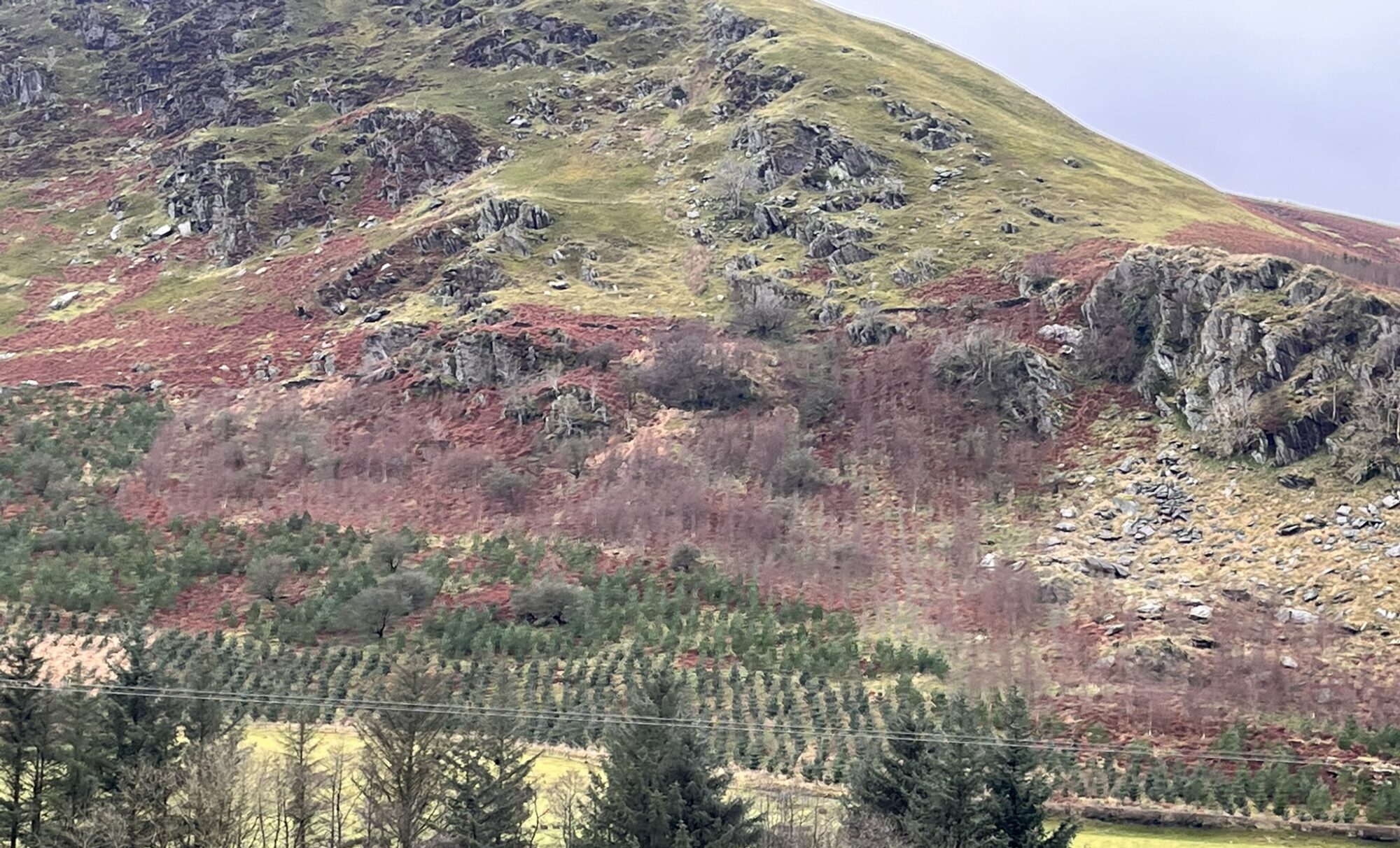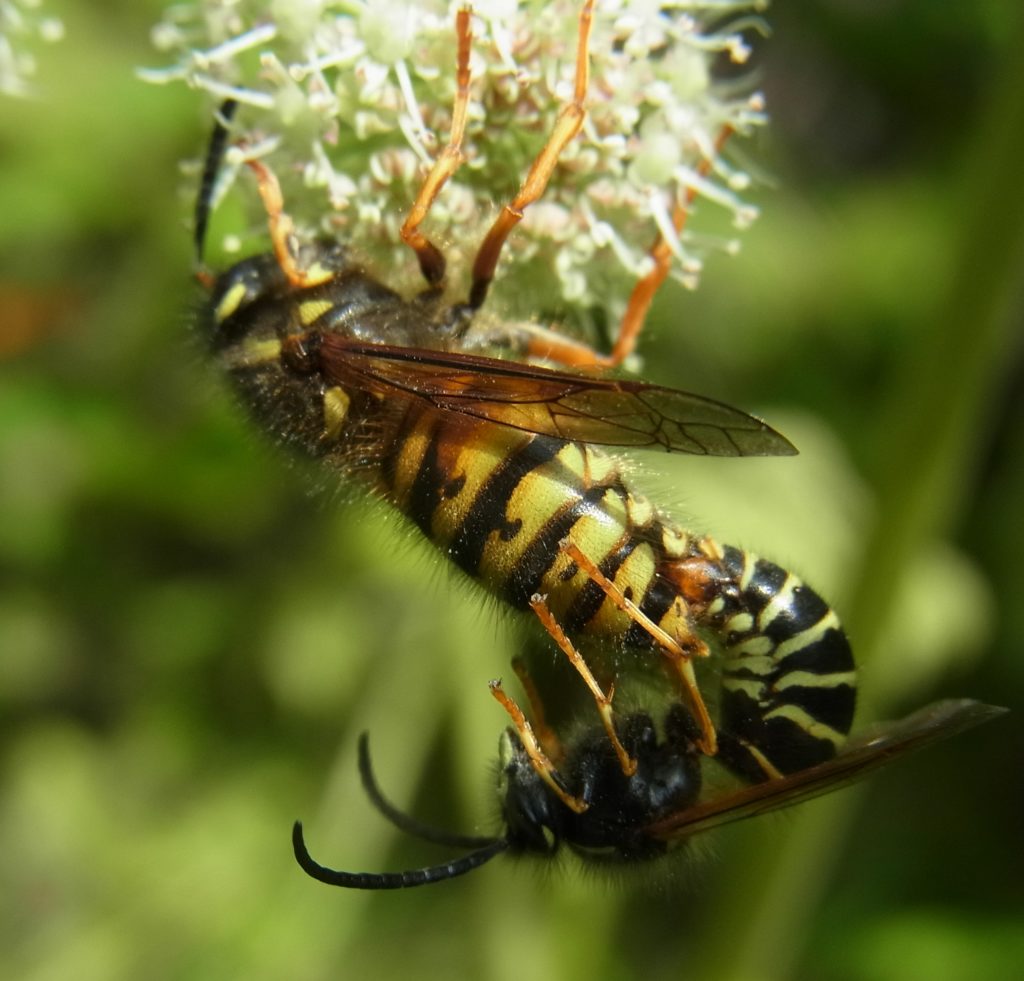2020 – a year to face up to rocky issues, explore new ground, re-frame narratives while avoiding going down rabbit holes. Updated.
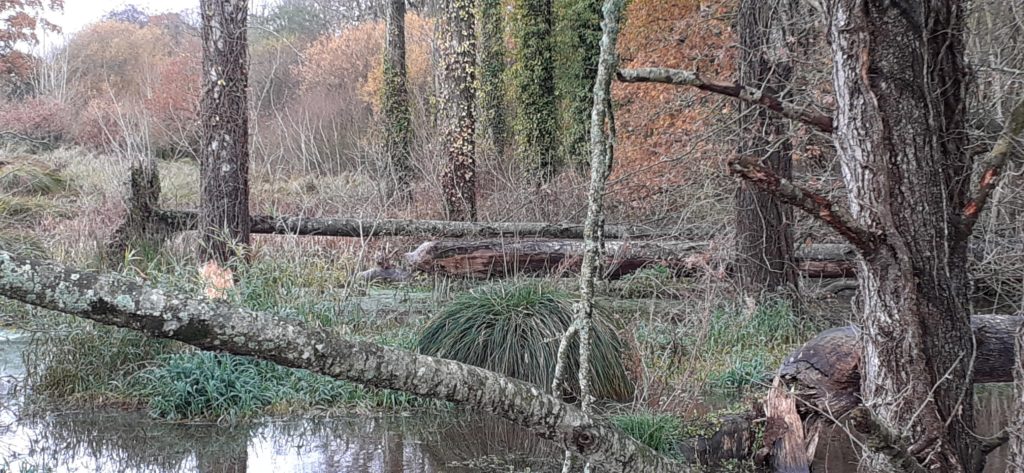
Here’s an eclectic take on past and future issues to kick off the year.
- Most unexpected result – after my talk at an international rewilding conference – an interesting number would wear beaver hats to celebrate its return in numbers! Perhaps there’s more in common if we sidestep ideological rabbit holes. An unpublished letter in 2021.
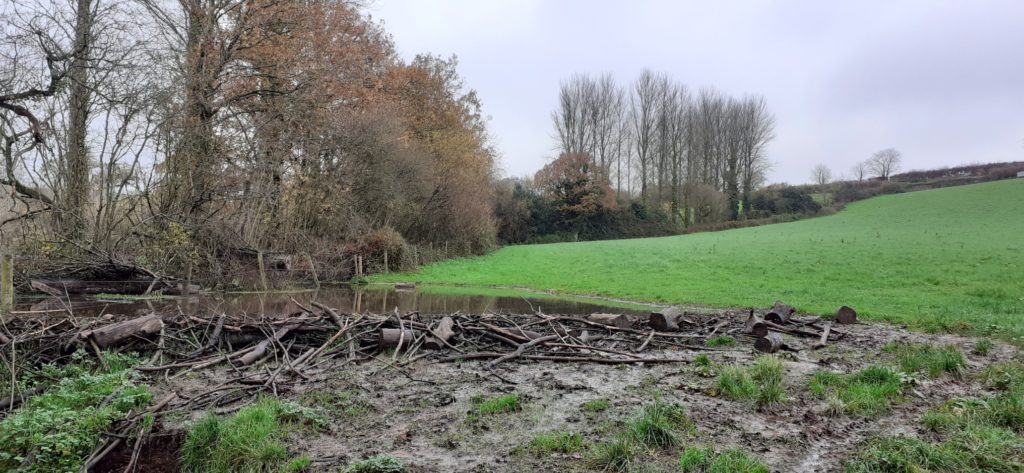
‘Beavers need to be managed. If dams are in the wrong place, nudge them elsewhere and appreciate the beneficial ones’ A pragmatic ecologist, Devon
2. Purist over tree species? This tweet – treating woodland as “just another seasonal upland crop at harvest time” – rocked some perceptions.
3. My most acerbic letter in The Times on the subject of trees.

4. Influencer opinion – this article, with exclusive quotes, on the transition away from lead shot garnered traction. A matter best ‘owned’ from within the shooting community – positive news here but a rocky journey ahead.
5. Most complex blog – lessons learnt over a 25 year upland demo project between the RSPB, GWCT, Scottish Natural Heritage and Natural England. Do we learn? See this paper from a researcher – here.
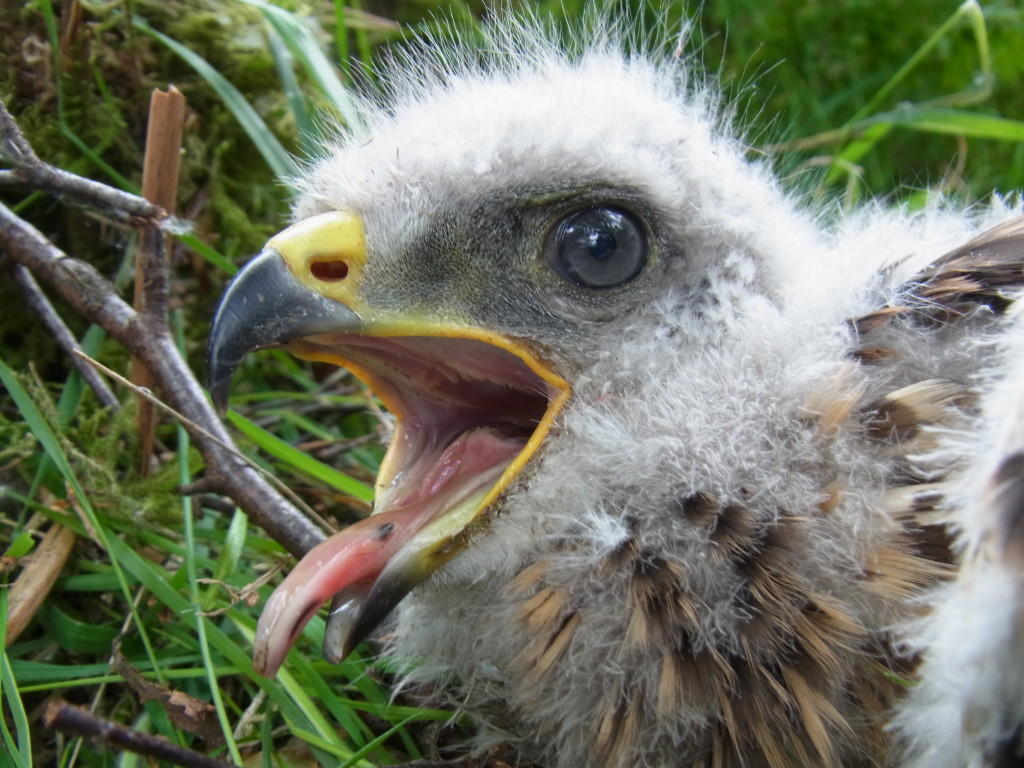 Grouse shooting is about wildlife conservation, heather-based SSSIs, remote communities, as it is diverted down rabbit holes by animal rights, value judgements, and political leveraging. Yes, change is required. But would smarter social science, tougher regulation achieve more than warfare campaigns?
Grouse shooting is about wildlife conservation, heather-based SSSIs, remote communities, as it is diverted down rabbit holes by animal rights, value judgements, and political leveraging. Yes, change is required. But would smarter social science, tougher regulation achieve more than warfare campaigns?
6. Oddest phone calls – “Will you cook grey squirrel live on Jeremy Vine Channel 5?” “Can you talk about trophy hunting on Turkish TV with Born Free Foundation?” (A short work trip in Namibia, with a conversation with a man from the UN Enviro, helped inform me of relevant issues).
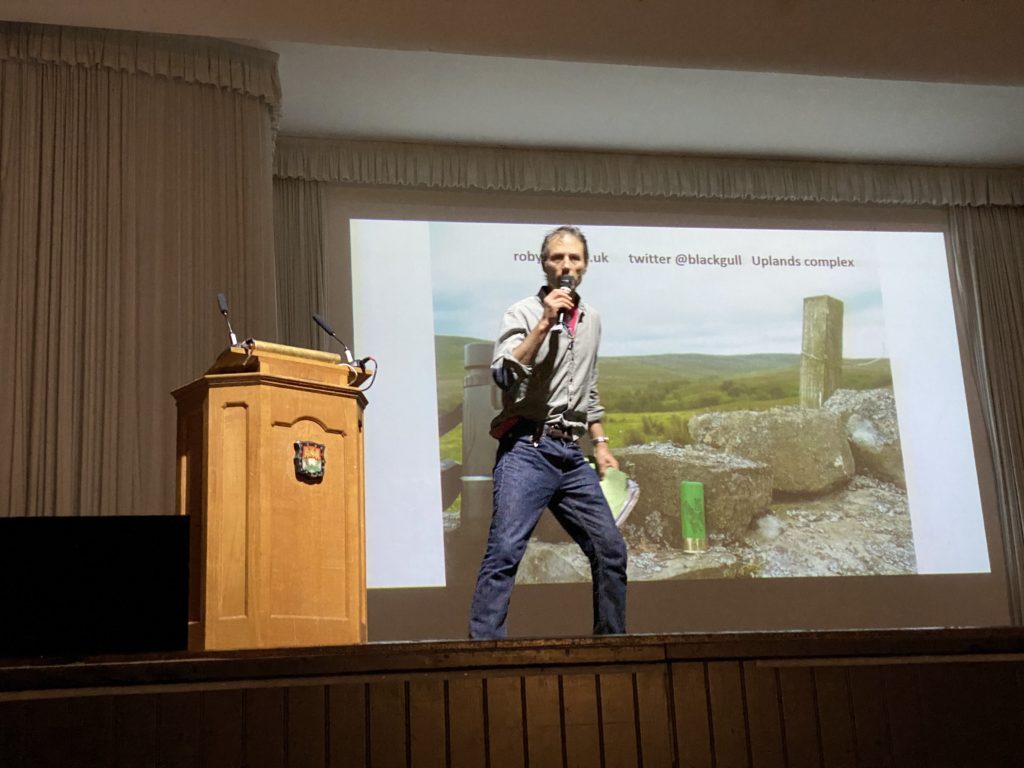
7. Newly learned skill – chairing conferences is like conducting. Containing loud voices (tending towards ‘rabbit holes’): encouraging quiet ones (facing up to ‘rocks’). All enable a wider range of views to be heard. Plenty of roving mics, no mission statements, cabaret table layout. All help positive disruptive thinking, less confirmation bias.
Rocks to think about and not avoid
8. Agro-chemicals – Rothamsted Research has warned of resistance by weeds to herbicides. Question your agronomist closely. Min till, zero till may/may not be the panacea. But gear up to doing things differently to your predecessors. Look even closer at insecticide use.
9. Meat – see Prof David Hughes interview. Listen to trends. They may not be a fad. They need not threaten UK livestock farmers if sell their 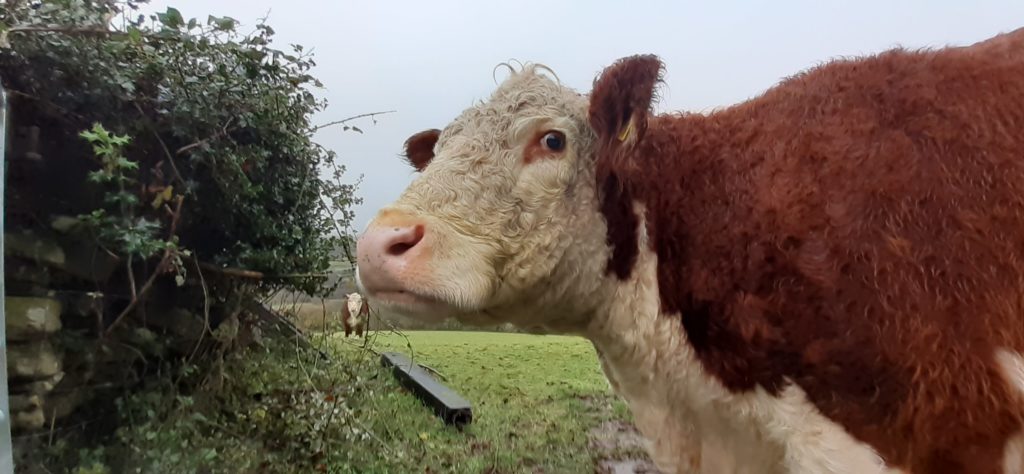 story better. Not easy – as the UK’s savvy urbanising society is prone to rose-tinted glass wearing (food standards). But there’s room for indoor chicken, grass-fed beef, vertical farmed veg, managed sheep, home-grown bacon, and onshore fish farms.
story better. Not easy – as the UK’s savvy urbanising society is prone to rose-tinted glass wearing (food standards). But there’s room for indoor chicken, grass-fed beef, vertical farmed veg, managed sheep, home-grown bacon, and onshore fish farms.
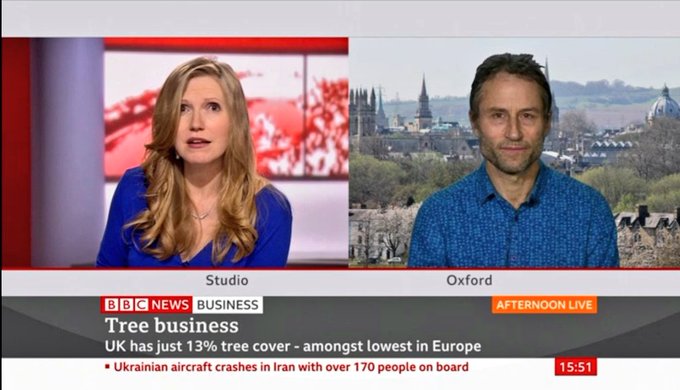
10. Trees – again, all too simple. Too populist. Too purist. Oh, and look after hedges. Especially old ones.
11. Face up human-human [interest] conflict – it’s not human-wildlife conflict (unless it’s going to eat or crush you).
12. Get out of your comfort zone – garner intelligence in the field (a trip to Scotland and N England Aug 20). Tolerate views outside your crowd or Twitter feed – see this thread. Or even more radical. Do your own thinking.
Updated Nov 2020 – hell of a year (C-19) than back in Jan 20. At least the Agriculture Act 2020 was delivered!
